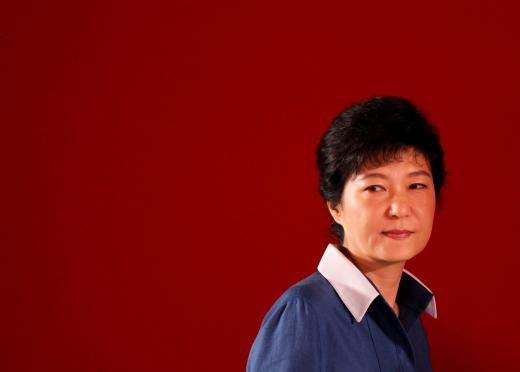Live update: Court ousts South Korean President Park Geun-hye

South Korea's Constitutional Court ousted President Park Geun-hye over an alleged graft scandal related to big business that gripped the country. The court’s decision by the country's National Assembly was unanimous. An election for a new president will be held within 60 days.
Reuters reports that all eight judges voted to remove Park, South Korea's first female president, from office. The Court said Park violated the law when she allowed her friend, Choi Soon-sil, to meddle in state affairs. She also allegedly solicited bribes from the head of the Samsung Group for government favours.
Park issued an apology, but denied the accusations. Prime Minister Hwang Kyo-ahn was appointed acting president.
"She will leave office in disgrace, which is a historic moment as that's never happened in democratic South Korea," Stephen Noerper, senior vice president of The Korea Society said. Hundreds of demonstrators, both for and against Park, lead protests at the courthouse.
The Friday ruling will now lead to a special election to replace the ousted South Korean leader. Moon Jae-in from the left-of-centre Democratic Party of Korea leads in popularity among presidential hopefuls.
Park currently faces several assertions, such as bribery and violation of sovereignty. She is accused of colluding with Choi in securing millions of dollars in bribes from the country's largest companies.
Since the accusations against Park were reported in October, Asia's fourth-largest economy faced mass street demonstrations. Some protesters were demanding the resignation of Park, while others are expressing support.
CNBS noted that public opinion had also played a role in Park's removal from office. Based on a Gallup Korea poll conducted last week, 77 percent of respondents said they are in favour of Park's dismissal. Strategists believe that public demand has placed a burden on the Court.
"The Court is tasked with judging cases on their merits, but it is a politicized institution. Justices who reject the motion would face fierce criticism and public ire, and they know that," Scott Seaman, Asia director at Eurasia Group, said.
As the country prepares for a special election, the next administration is expected to employ structural reforms for higher economic growth. Scott Snyder, senior fellow for Korea studies at the Council of Foreign Relations, said only a new mandate form the people and the energy of a new government empowered to apply the political will of the people will allow the country to prevail over its current issues.




















